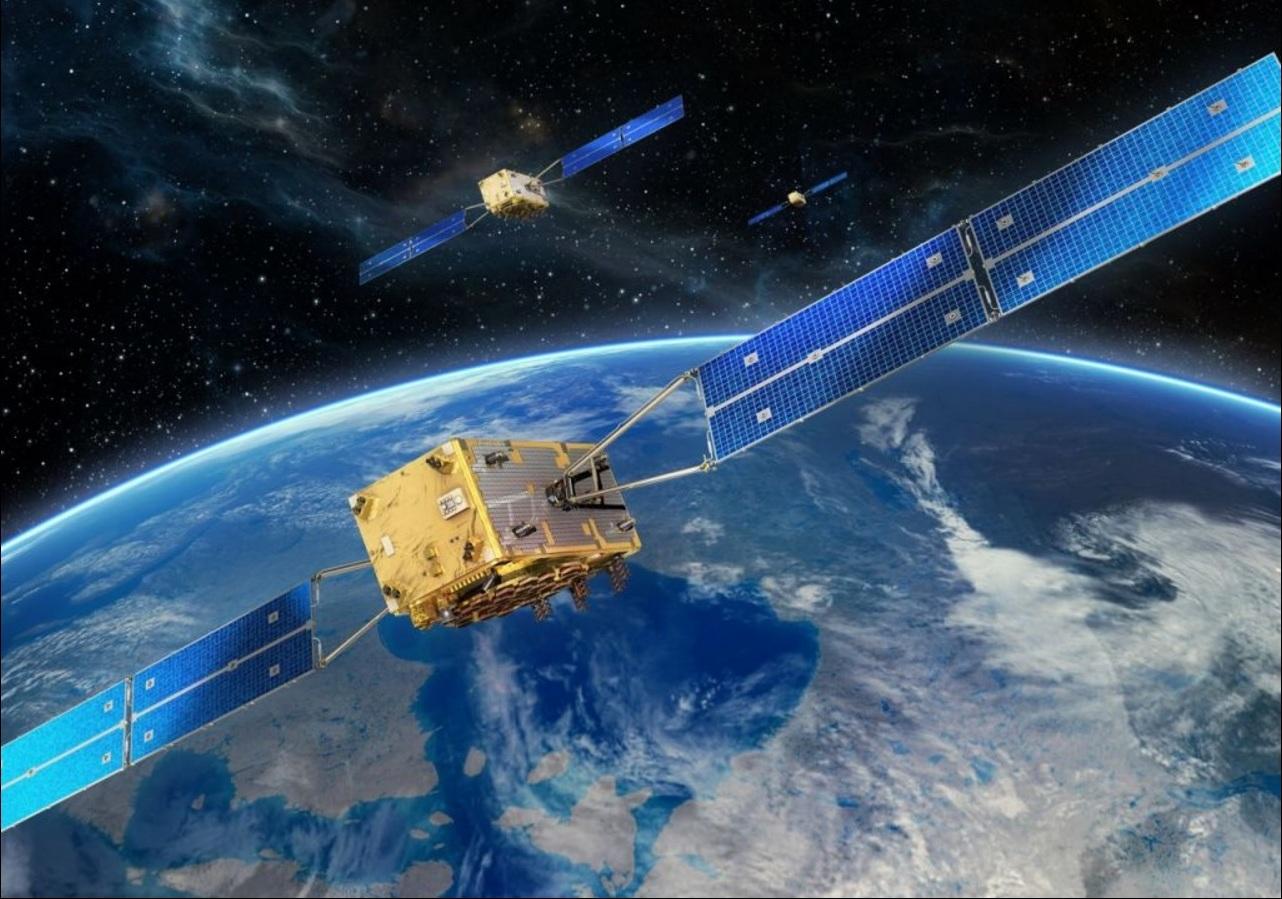For the next long-term EU budget (2021-2027), the European Commission is proposing to devote €16bn to EU space activities, primarily the Galileo, EGNOS and Copernicus programmes.
For the next long-term EU budget (2021-2027), the European Commission is proposing to devote €16bn to the EU Space Programme.
According to Vice-President of the Commission Maroš Šefčovič : "We need to up our game. Space data can help our industries lead on the Internet of Things and automated driving, and help us more accurately monitor greenhouse gas emissions to make our climate action more effective than ever before."
The Commission's proposal will bring all existing and new space activities under the umbrella of a single programme. The new space programme will maintain existing infrastructure and services and introduce a number of new features:
-
Fostering a strong and innovative space industry: the new space programme will improve access for space start-ups to risk finance. At the same time, the Commission will explore the creation of a dedicated equity instrument through the InvestEU programme.
-
Maintaining the EU's autonomous, reliable and cost-effective access to space: the Commission will aggregate the EU demand of launch services, providing investment and supporting the use of innovative technology such as reusable launchers, and contribute to the adaptation of the necessary ground infrastructure.
-
A unified and simplified system of governance: the European Global Navigation Satellite Systems Agency, to be renamed the 'EU Agency for the Space Programme', will increasingly support the exploitation and market uptake of EU space activities and play an increased role in ensuring the security of all the components of the programme.
The Commission proposes to allocate the €16 billion budget for 2021-2027 as follows:
-
€9.7bn for the Galileo and EGNOS global and regional satellite navigation systems,
-
€5.8bn for Copernicus, the EU's Earth Observation programme,
-
€500m to develop new security components: The new space programme will enhance the performance and autonomy of Space and Situational Awareness (SSA), and a new Governmental Satellite Communication (GOVSATCOM) initiative will provide Member States with reliable, secure and cost-effective access to secure satellite communications.
The Commission is calling for a swift agreement on the overall long-term EU budget, noting that an agreement on the next long-term budget in 2019 would provide for a seamless transition between the current long-term budget (2014-2020) and the new one.

